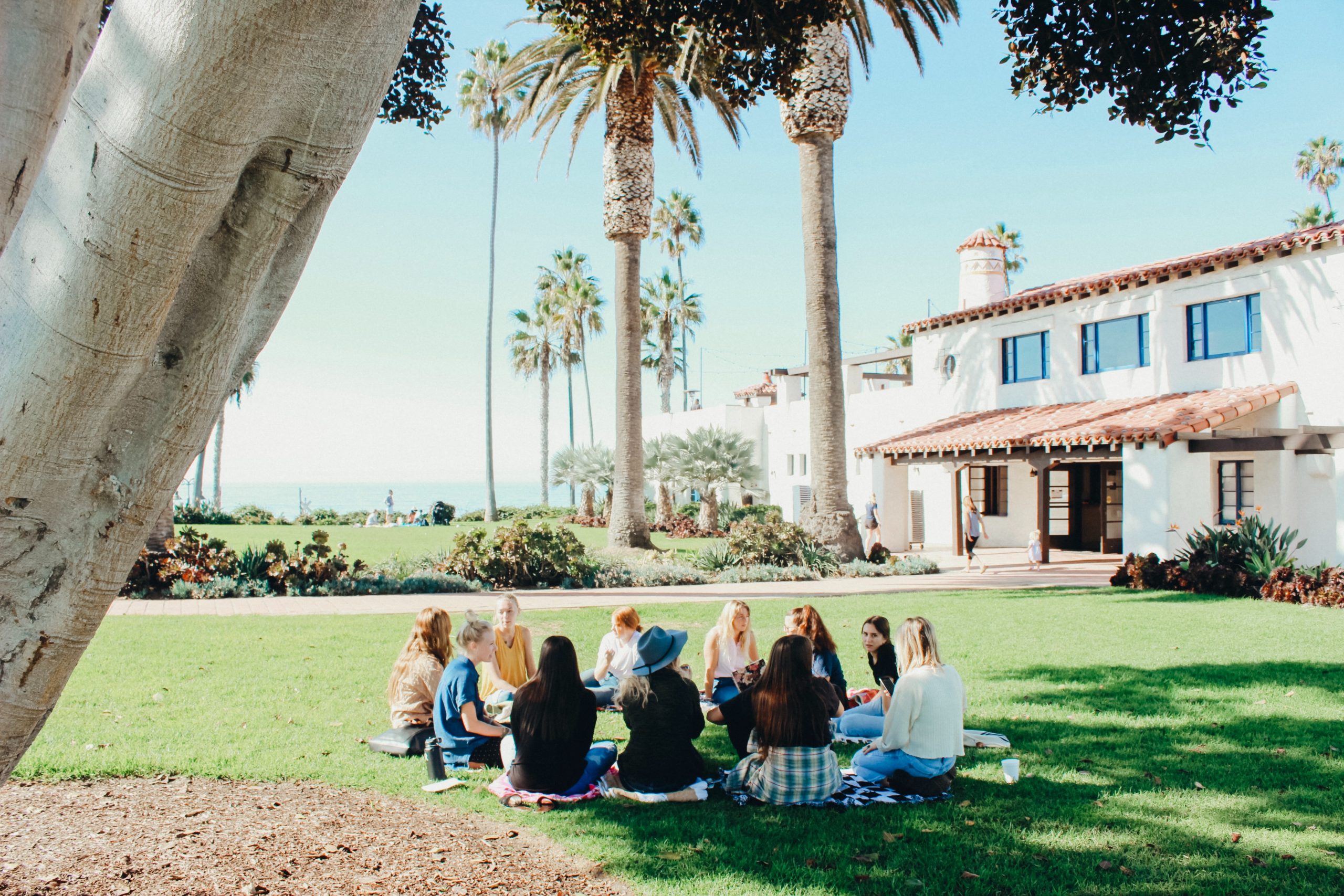

Engaging local communities in renewable energy
Renewable Energy Communities (RECs) are key to lead the structural change towards the decarbonization of local energy systems. They aim at promoting a fair energy transformation putting renewable energy into the hands of communities and people. Citizens and local organizations must be placed in the center of the development and actions. However, an effective engagement of citizens in topics related to community energy typically imply a cultural change that requires a profound learning process.
Principles to build community engagement
– Consolidate a channel of trust: in every community the most effective ways to communicate are different, and even within a community there may be very several preferences for communicating. The information must flow bidirectionally in a smooth way, maximizing the sense of “being heard”, and the messages must focus on the interests, be clear and detailed enough, being accessible to different profiles.
– Lead and engage: new, innovative, disruptive solutions and technologies are difficult to adopt, and it is always easier when they are proposed by community leaders. Identifying “local heroes” or “local champions” working with them to trigger or increase the interest and involvement of other citizens and local actors, is key.
– Promote a sense of belonging: Feeling a part of something important, is essential for an effective engagement. Communicating successful stories is not only important to engage new people and to scale-up the deployment of community-based solutions, but also to strengthen the involvement of those who are already engaged. Also, the creation of spaces (physical or not) to discuss and learn together is crucial to increase the sense of belonging.
Actions to boost community engagement
Following these principles, the engagement activities include different elements, which are at different stages of development, depending on the demo-site:
– Informative sessions and workshops: sessions to increase the awareness, discuss relevant topics, share ideas or work together on future actions.
– Co-creation processes: multidisciplinary participatory process to involve local people in the design of the planning tool, while discussing about community targets, services, business models, future energy-related scenarios in their local context.
– On-line and face-to-face tools: Surveys, online groups via Facebook or WhatsApp; regular forums in public spaces supported by experts; posters adapted to the local context, information screens, website in local languages.
– Public events at the national level: National workshops involving renewable energy community stakeholders, network operators, manufacturers, software developers, who are interested in the integration of multi-energy networks, success stories and lessons learnt.
– Engagement workshops for external communities: Participatory workshops in different environments (e.g. cities, rural areas or islands), for the dissemination of success stories and other results, and to perform feasibility studies using the planning tool towards the potential scale-up of community-based approaches. Participants are involved in building different local energy scenarios.
The results of these actions will be analyzed, revealing the difficulties encountered for the engagement of local communities in terms of information exchange and decision-making processes.
To know more about the demo-sites, visit the dedicated page!

